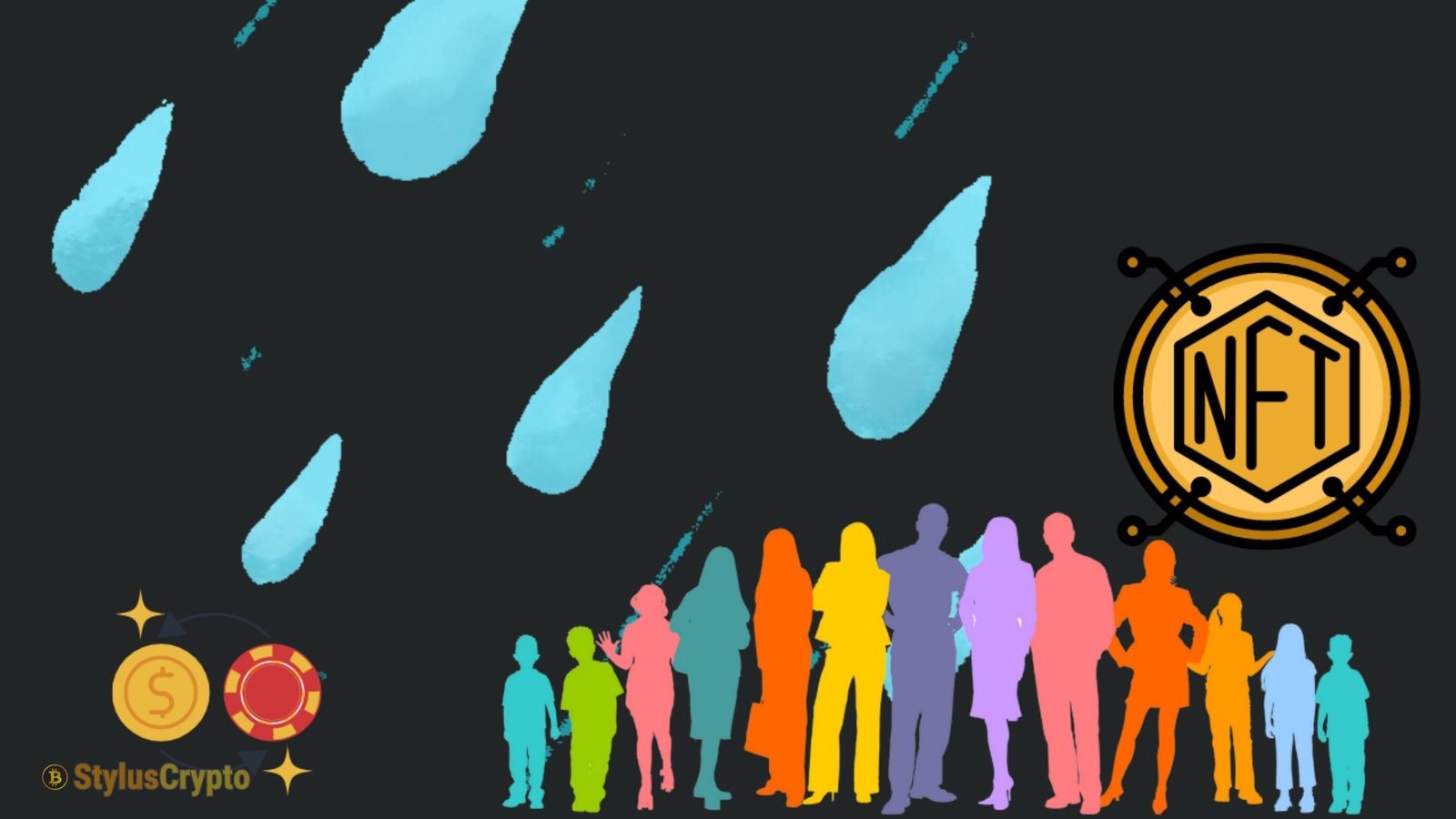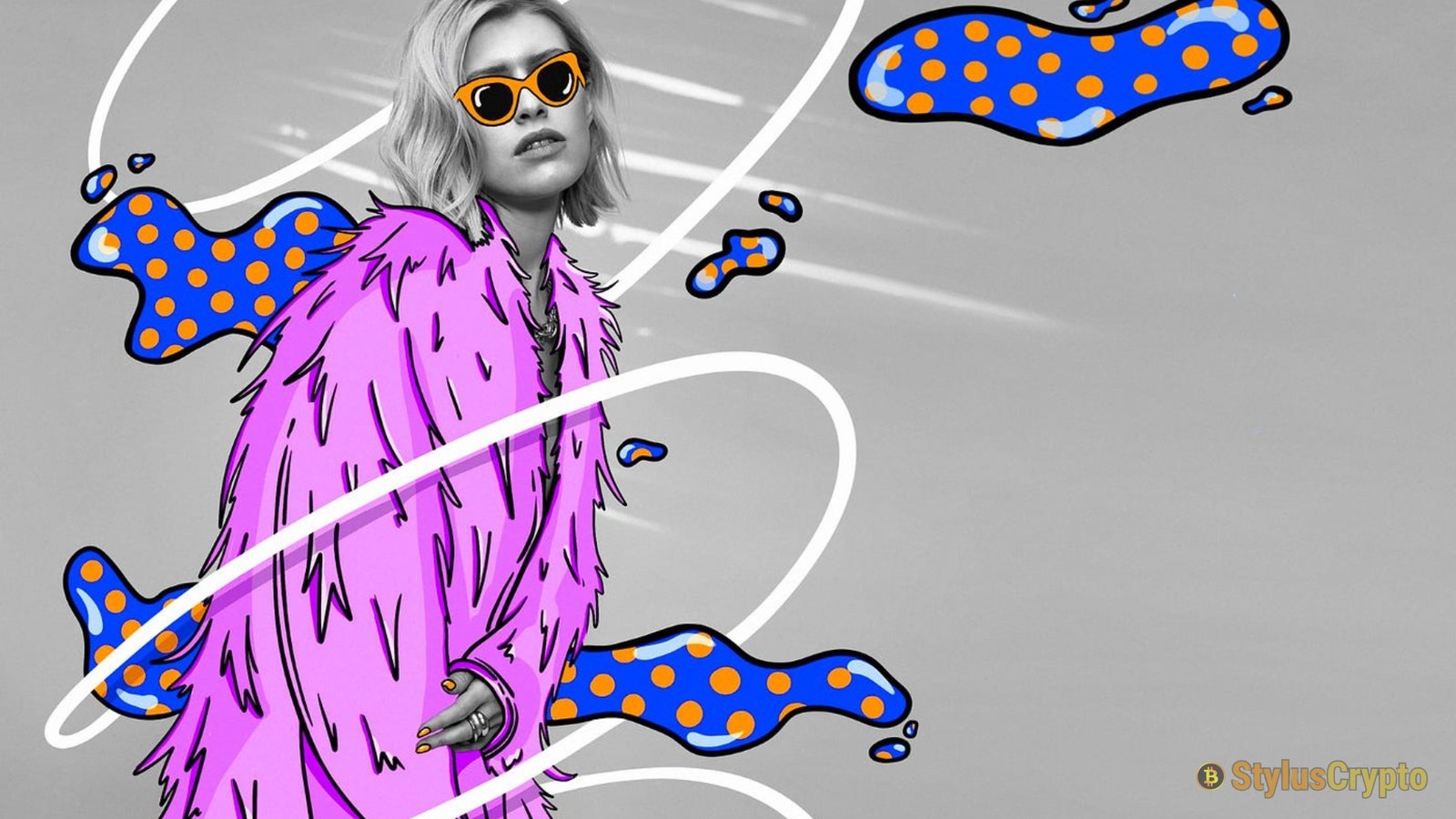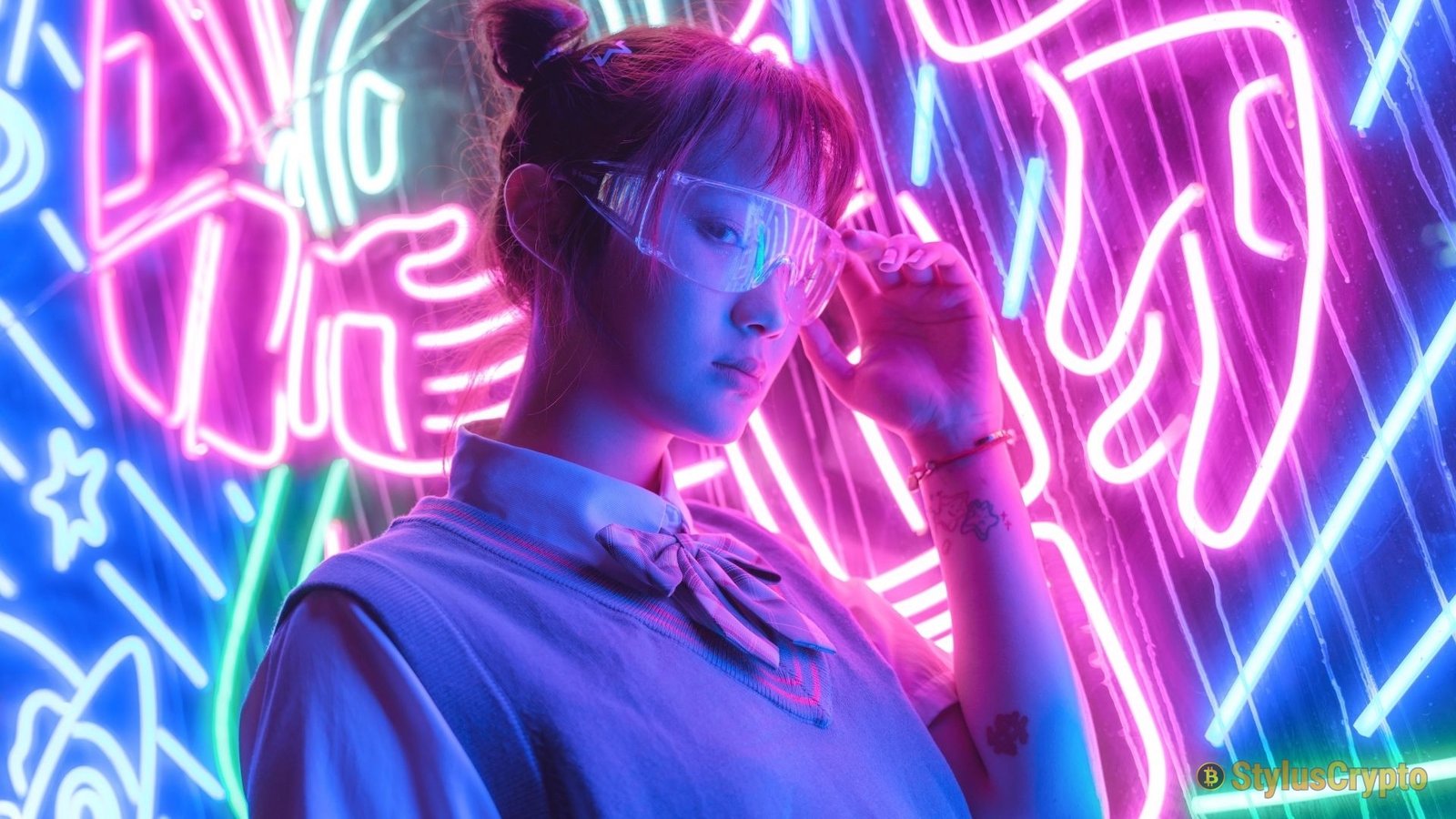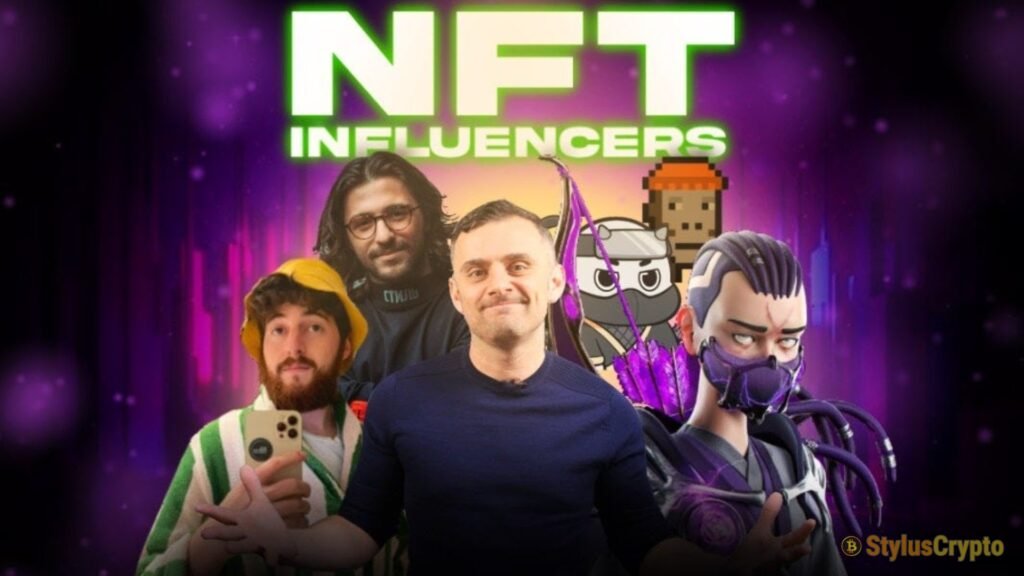As we progress through 2024, the world of NFTs (Non-Fungible Tokens) has continued to evolve, and with it, the role of NFT influencers has become more prominent. These digital creators, artists, and thought leaders shape how NFTs are perceived, traded, and integrated into various industries. This article explores the latest trends, the influence of NFT influencers, and the challenges they face in an ever-changing landscape.
The Rise of NFT Influencers
NFT influencers have emerged from various backgrounds, including digital art, gaming, music, and fashion. They are not just creators but also curators, promoters, and educators in the NFT space. Their influence is often measured by their social media following, the success of their NFT drops, and their ability to create buzz around new projects.
In 2024, these personalities’ influence has grown significantly. Platforms like Twitter, Instagram, and the emerging decentralized social media networks are the primary arenas where NFT influencers thrive. They use these platforms to showcase their creations, share insights, and collaborate with other creators. The rise of Web3 and the increasing adoption of decentralized platforms have also provided new opportunities for these influencers to connect with their audiences more meaningfully.
The Power of Community Building
One of the most significant developments in the NFT space has been the emphasis on community building. Influencers who succeed in this space are those who can foster a strong, engaged community around their work. These communities often serve as the backbone of successful NFT projects, providing members with financial support and a sense of belonging.
Discord servers, Telegram groups, and decentralized autonomous organizations (DAOs) are NFT influencers’ primary tools for building and maintaining these communities. These platforms allow direct communication between influencers and followers, enabling a more personal and interactive experience. Moreover, the sense of ownership and participation in these communities often leads to higher loyalty and continued support for the influencer’s projects.
The Impact on the Art World
NFTs have revolutionized the art world, and NFT influencers have been at the forefront of this transformation. Digital artists who once struggled to monetize their work are now succeeding through NFTs. Influencers like Beeple, Pak, and Fewocious have gained massive followings and broken sales records, bringing mainstream attention to the NFT space.
In 2024, the art world has become even more intertwined with NFTs. Traditional galleries and auction houses increasingly collaborate with NFT influencers to bridge the gap between the physical and digital art worlds. Additionally, NFTs are being used to authenticate physical artworks, providing a new layer of security and provenance for collectors.
The Integration of NFTs in Gaming and Fashion
The gaming industry has also seen significant developments in the integration of NFTs. Game developers are partnering with NFT influencers to create unique in-game assets that players can own, trade, and sell. Thanks to the influence of these creators, these digital assets often have real-world value. Games like Axie Infinity, Decentraland, and The Sandbox have set the stage for how NFTs can be used in gaming, and influencers play a crucial role in promoting and popularizing these concepts.
Similarly, the fashion industry has embraced NFTs, with designers and brands collaborating with NFT influencers to create digital fashion items. These items can be worn in virtual worlds, showcased on social media, or integrated into physical fashion through augmented reality (AR) technology. Influencers in this space are helping to push the boundaries of what is possible in digital fashion, creating new opportunities for designers and brands to reach tech-savvy consumers.
Challenges and Ethical Considerations
Despite their growing influence, NFT influencers face several challenges. One of the most pressing issues is the environmental impact of NFTs, particularly those minted on energy-intensive blockchain networks like Ethereum. While Ethereum has made strides in reducing its carbon footprint with the transition to Ethereum 2.0, concerns remain about the sustainability of NFTs. Influencers are increasingly aware of these concerns and advocate for greener alternatives, such as using less energy-intensive blockchains or supporting carbon offset initiatives.
Another challenge is the issue of intellectual property rights. As NFTs gain popularity, the line between inspiration and plagiarism has blurred. Influencers must navigate this complex landscape, ensuring that their work is original and that they respect the intellectual property rights of others. The rise of AI-generated art has further complicated this issue, raising questions about the ownership and originality of such creations.
Additionally, the speculative nature of the NFT market has led to concerns about market manipulation and the promotion of projects that may not have long-term value. Influencers must balance their role as promoters with ethical considerations, ensuring they are not misleading their followers or contributing to market bubbles.
The Future of NFT Influencers
Looking ahead, NFT influencers’ role will likely continue evolving as the technology and market mature. As more industries adopt NFTs, influencers will have the opportunity to expand their reach and impact across various sectors. The rise of metaverse platforms, where users can interact in fully immersive digital environments, presents a new frontier for NFT influencers. These platforms offer unprecedented opportunities for influencers to create, collaborate, and engage with their audiences in ways that were previously unimaginable.
Moreover, as the NFT space becomes more regulated, influencers must adapt to new legal and ethical standards. This could lead to the professionalization of the role, with influencers taking on more formal responsibilities, such as disclosing sponsorships and adhering to industry standards.
Conclusion
NFT influencers have become key players in the digital economy, shaping how we perceive and interact with digital assets. Their ability to create, promote, and build communities around NFTs has profoundly impacted the art world, gaming, fashion, and beyond. However, with this influence comes responsibility, and as the NFT space continues to grow, influencers will need to navigate the challenges and ethical considerations that come with their newfound power.
In 2024, the future of NFT influencers looks bright, with new opportunities and the potential to further revolutionize the digital landscape. As they continue to push the boundaries of what is possible with NFTs, these influencers will undoubtedly play a crucial role in shaping the future of digital culture.

